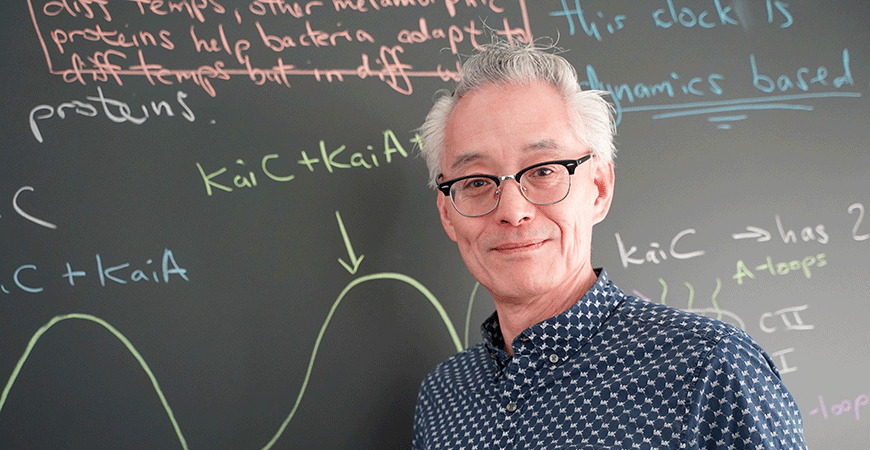Tuesday 3 February 2026
The Health Sciences Research Institute (HSRI) was established in July 2012 as the second Organized Research Unit at UC Merced and is the University's focal point for health and medical research.
Approximately one quarter of UC Merced faculty members are engaged in research related to human health and over one-third of undergraduate students are enrolled in majors and minors related to human health. With a strong presence of the health sciences in research and education at UC Merced, HSRI is focused on promoting all research in the human health sciences to improve awareness, advocacy and action of health and health disparities.
As an Organized Research Unit at UC Merced, HSRI facilitates:
With the growing complex health issues we face today, specific goals of HSRI are to:
With 90 faculty members across UC Merced's three schools (Engineering, Natural Sciences, and Social Sciences, Humanities & Arts), community and clinical affiliate members, and graduate student members, HSRI aims to foster world-renowned researchers through its work to improve the health of the people in the San Joaquin Valley and beyond.
HSRI members are also engaged in translational research, evaluation and effectiveness research, and public health systems and services research.
 San Joaquin Valley regional health issues include asthma, valley fever (coccidioidomycosis), obesity, diabetes, cancer, hypertension, heart disease, risky teen behaviors, teen tobacco use, sexually transmitted diseases, hepatitis, and many others.
San Joaquin Valley regional health issues include asthma, valley fever (coccidioidomycosis), obesity, diabetes, cancer, hypertension, heart disease, risky teen behaviors, teen tobacco use, sexually transmitted diseases, hepatitis, and many others.
The opportunities to address the growing and complex health issues of the San Joaquin Valley and beyond require inter- and multidisciplinary teams.
HSRI’s collaborative multidisciplinary research clusters and community emphasis provide an opportunity to rapidly develop, test, and disseminate new ways of improving health and delivering healthcare.
This will help establish UC Merced as a world-renowned research university while improving the health of the people in the San Joaquin Valley.

Biochemistry Professor Andy LiWang has spent much of his career studying how life keeps time. His work on the circadian clock of cyanobacteria — tiny, ancient organisms that share the planet with us...

Public health Ph.D. student Felix Agyemang Opoku has been awarded the UC Global Health Initiative Center for Planetary Health Water and Health Summer Research Fellowship. The research fellowships are...

A husband’s optimism and confidence might play a crucial, if often unseen, role in helping babies arrive healthy and on time. A new study from UC Merced psychology researchers found that when married...